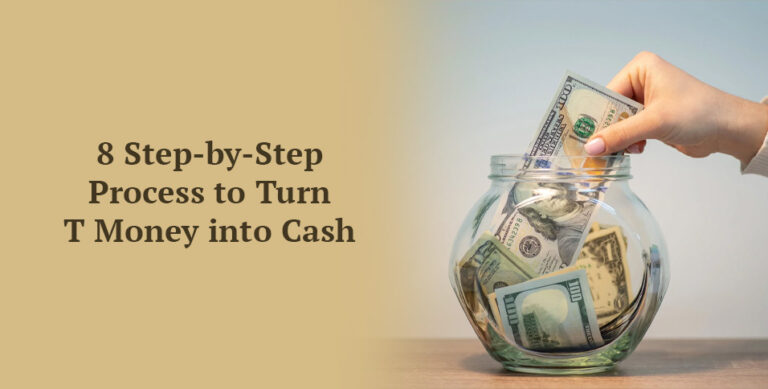Influencer endorsements can dramatically increase a product’s appeal, particularly in the beauty and wellness industries. Influencer marketing is a popular profession and a highly sought-after revenue stream for businesses. Deinfluencing turns the notion that influencing is solely about suggesting goods to your followers on its head.
Rather than pushing products, this group of influencers frequently speaks negatively about things that never worked for them, being completely open and truthful while focusing on the fact that many products aren’t all that great.
Deinfluencing first gained popularity for the same reason that most TikTok trends do: creators wanted to ride the wave of whatever the app’s fickle algorithm decided to favor at any particular time. Because the algorithms can be erratic, that generates a lot of buzz and interaction, which many influencers find challenging to handle. After all, every creator strives to increase their views and following.
Why should you jump on this trend?
1. Deinfluencers command greater influence and credibility.
It’s safe to assume that influencers have been losing some of their influence over the past several years. That is mainly because most influencers are interested in getting products in front of their audience and persuading their followers to buy more things than they actually need, which results in a form of promotion exhaustion. These influencers frequently make dubious claims or overtly push goods that don’t work.
Actually, a number of influencers have come under fire for outright lying about their physical appearance, lifestyle, or health issues. Others have been exposed for peddling bogus business opportunities or agreeing to sell dubious diet products. Take the example of the lawsuit alleging that eight influencers lied in order to manipulate stocks, which surfaced in late 2022.
The key takeaway is that these influencers don’t really care what their audiences do or buy as long as they profit. Because of things like these, consumers have started to lose faith in these influencers. Even though many consumers still follow them for their content, they may no longer heed their advice or give their purchase recommendations much weight.
Customers are switching to deinfluencing creators who aren’t hesitant to criticize brands and other popular creators when appropriate. They encourage people to screen products and brands more critically by providing brutally honest reviews. These deinfluencers rarely endorse businesses, but when they do, it is only for companies whose goods they have personally used and in whom they have complete faith.
These deinfluencing creators have succeeded in gaining the confidence of many consumers because of their honesty and integrity, so people turn to them for unbiased assessments and shopping advice. In the process, they’ve also built up a sizeable fan base.
2. Consumers are increasingly making more conscious purchasing decisions
There’s no denying that customers are growing more aware of the impact of their choices on the environment and the economy. They are more inclined to purchase products from environmentally friendly companies, and many are willing to pay more. In fact, 90% of Gen X customers, up from 34% just two years ago, would be willing to pay 10% more for sustainable items.
Given that 78% of American consumers believe that maintaining a sustainable lifestyle is vital, this is not surprising. Naturally, retail sales of goods with claims about the environment, society, and governance have increased significantly. Over a five-year period, these goods’ cumulative increase was 28%, whereas the growth of products without such claims was 20%.
These figures demonstrate that customers are more environmentally conscious and worry about how their purchasing decisions affect the environment as they shop online and play at juicy casino. That implies that consumers actively seek out trustworthy sources to evaluate companies and products so they may make wise purchasing decisions.
3. Might affect current marketing efforts
Deinfluencing’s rise will probably have an effect on your current marketing initiatives, especially if influencer marketing is involved. For instance, you may be more likely to receive criticism from a deinfluencer if your promotional material makes assertions unsupported by data from studies.
In a similar vein, suppose one of the influencers involved in your campaign has a track record of fabricating information about the products they endorse or collaborating with dubious companies. All their statements about your product may be received with heavy skepticism if they become embroiled in a dispute. You risk losing the trust you’ve fought so hard to earn as well as missing out on potential customers.
As a result, it’s critical to regularly monitor deinfluencing trends and redo your marketing strategies to reduce the negative reception. Your campaigns may even need a complete overhaul to include deinfluencing creators.
Using this trend to your brand’s advantage
Deinfluencing combats the persistent need for material goods that trends and internet influencers promote, such as clothing, cosmetics, or gadgets. Rejecting material culture and a culture that values buying more and accumulation is the premise of this trend.
Deinfluencing can be a powerful strategy if used correctly to gain the confidence of your target audience and forge closer bonds with them. To do this, you would also need to carefully reevaluate your brand positioning and establish alliances with appropriate deinfluencers who already follow your brand.
Also Read: Unveiling the Untapped Advantages of Acquiring Social Media Followers
















